Expressive Art Therapy: Creative Solutions for Trauma Recovery
Sometimes talk therapy just isn’t enough, especially for trauma clients. Have you tried working with clients in a new or different way outside of talking?
You don’t want to miss this workshop…learn to work with your clients in a more total and holistic manner that does not rely on words alone and include creative solutions to finally see treatment progress!
In this course, you will be oriented to the fundamentals of the expressive arts therapy and will immediately be able to start implementing new, creative skills into your practice.
You will learn how to facilitate an expressive arts process to teach clients concepts of grounding, mindfulness, and distress tolerance—all vital skills in trauma-focused therapy. The role of creativity and the practice of making art will be covered as mechanisms of action in processing traumatic experiences and promoting post-traumatic growth.
Leave the day with new skills to foster client creativity for traumatic healing and learn how to incorporate these creative skills with other fundamental therapy modalities you already use. Finally -a course that is unique in that it gives you an overview without having to commit yet to an entire expressive arts therapy program.
Purchase today to add another great skill to your trauma treatment toolbox!
Learning Objectives
- Analyze the origins of expressive arts therapy and identify several major sources of knowledge that compose modern-day expressive arts therapy.
- Evaluate the impact of expressive arts therapy and its nature as an experiential, body-centered, multi-modal, multi-art process and how the nature of this approach can enhance trauma-focused care.
- Determine 3-5 specific practices and forms that can be implemented as part of expressive arts process work in a clinical setting.
- Utilize grounding, mindfulness, and distress tolerance techniques and how to teach these skills to clients in trauma-focused care.
- Integrate expressive arts processes in trauma work to teach grounding, mindfulness, distress tolerance skills in a clinical setting for individual or group work.
- Support clients by using trauma-focused and person-centered principles of expressive arts therapy in a manner that advances treatment goals and provides solutions for in between session affect management.
Course Modules
Expressive Arts Therapy Foundations
- What makes expressive arts therapy its own unique discipline
- Historical origins & influences from other therapeutic approaches
- Indigenous traditions
- Historical threads in Jungian analysis
- Person-centered psychotherapy
- Gestalt psychotherapy
- Leveraging the experiential nature of expressive arts therapy in trauma
- General principles for practices & processes
- Grounding practices
- How to offer feedback in expressive arts therapy
- Experiential process 1: Three practices for grounding within stabilization phase trauma work (sensory awareness, structured and creative movement
Expressive Arts to Teach and Practice Mindfulness Skills
- Trauma-informed fundamentals of mindfulness and expressive arts instruction
- Expressive arts practices for trauma work:
- Mindful drawing
- Breath practices with creative movement
- Mindful listening
- Offer feedback in expressive arts therapy to advance treatment goals
- Experiential process 2: Three practices for grounding within stabilization and transitionary phase trauma work
Expressive Arts to Cultivate Distress Tolerance
- Define distress tolerance and its relevance to trauma-focused care
- Expressive arts variations on the container visualization practice using:
- Movement
- Art
- Creative writing
- Music and working with playlists
- How to use expressive arts skills for in between session affect management
- Experiential process 3: Three practices for grounding within transitionary, processing, and reintegration phase trauma work
Expressive Arts Skills to Set Clients Up for Success
- The expressive arts in trauma reintegration
- Skills to help your clients succeed outside of session
- Additional training and options in expressive arts therapy
Who Will Get the Most Out of This Course
- Addiction Counselors
- Special Educators
- Psychologists
- School Psychologists
- Counselors
- Social Workers
- Marriage & Family Therapists
- Speech-Language Pathologists
- Other Professionals Who Work within the Mental Health Fields
How This Course Will Benefit You
Go Beyond Talk Therapy
Learn creative, non-verbal techniques that help clients who struggle to express their trauma through words alone.
Enhance Trauma Treatment with Art
Integrate expressive tools—like drawing, movement, music, and writing—into your current clinical approach to deepen healing and foster emotional safety.
Improve Client Regulation
Gain practical skills to teach grounding, mindfulness, and distress tolerance—essential for trauma survivors managing intense emotions.
Offer In-Between Session Support
Equip your clients with expressive techniques they can use between sessions for ongoing emotional stabilization and self-care.
Use Immediately in Your Practice
No long certification process—walk away with ready-to-use tools and exercises to apply in both individual and group settings.
Expand Your Therapeutic Toolbox
Stand out as a well-rounded trauma clinician by adding creative, body-centered, and experiential practices rooted in evidence-based care.
About the Speakers

Jamie Marich, PhD, LPCC-S, REAT, RYT-500, RMT
Jamie Marich, PhD, LPCC-S, REAT, RYT-500, RMT, (she/they/we), began her career as a humanitarian aid worker in Bosnia-Hercegovina from 2000-2002, primarily teaching English and music. Jamie travels internationally teaching topics related to trauma, EMDR therapy, expressive arts, mindfulness, and yoga, while maintaining a private practice and online education operations in her home base of Akron, OH. Marich is the founder of the Institute for Creative Mindfulness and the developer of the Dancing Mindfulness approach to expressive arts therapy. Marich is the author of EMDR Made Simple: 4 Approaches for Using EMDR with Every Client (2011), Trauma and the Twelve Steps: A Complete Guide for Recovery Enhancement (2012), Creative Mindfulness (2013), Trauma Made Simple: Competencies in Assessment, Treatment, and Working with Survivors, Dancing Mindfulness: A Creative Path to Healing and Transformation (2015), and Process Not Perfection: Expressive Arts Solutions for Trauma Recovery (2019). Marich co-authored EMDR Therapy & Mindfulness for Trauma-Focused Care along with colleague Dr. Stephen Dansiger in 2018, and their new book with Springer Publishing Healing Addiction with EMDR Therapy: A Trauma-Focused Guide released in 2021. North Atlantic Books published a revised and expanded edition of Trauma and the 12 Steps in the Summer of 2020, and they released The Healing Power of Jiu-Jitsu: A Guide to Transforming Trauma and Facilitating Recovery in 2022. Her latest release with North Atlantic Books, Dissociation Made Simple: A Stigma-Free Guide to Embracing Your Dissociative Mind and Navigating Life came out in January 2023. She has three more projects in the works with North Atlantic Books, including her personal memoir about surviving spiritual abuse called You Lied to Me About God due out in Autumn 2024.


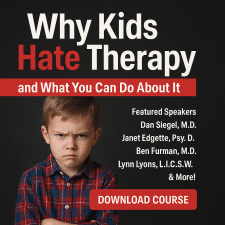
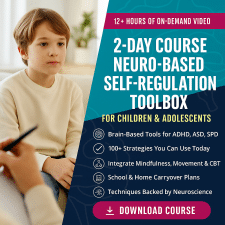
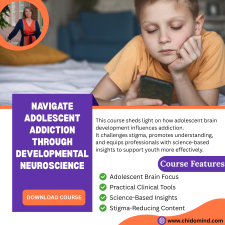

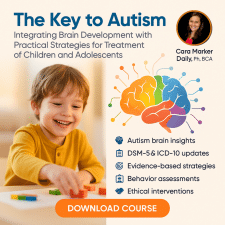
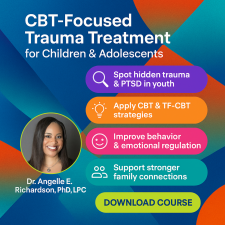
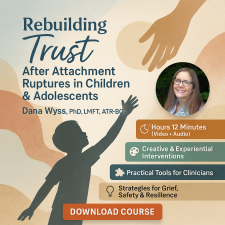
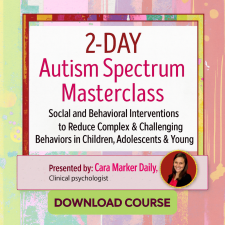
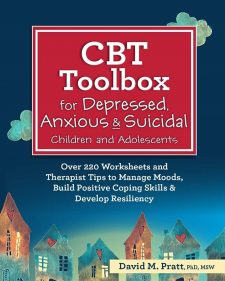
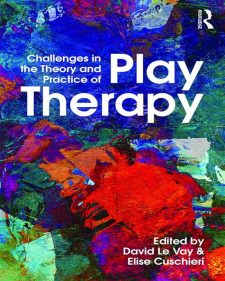
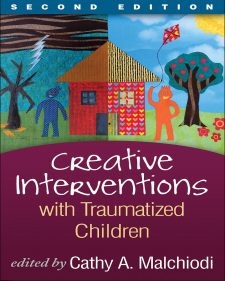
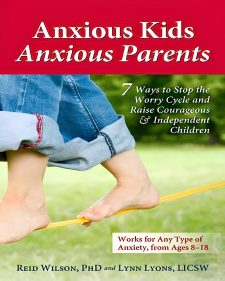

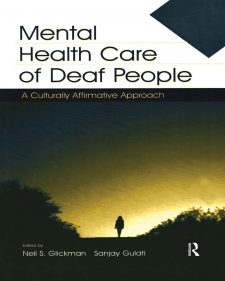

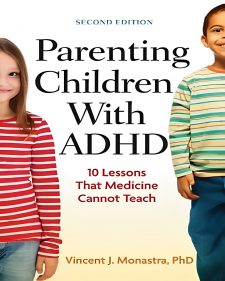
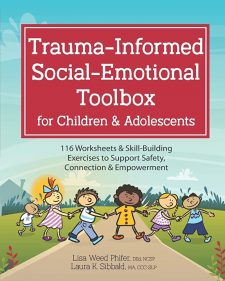

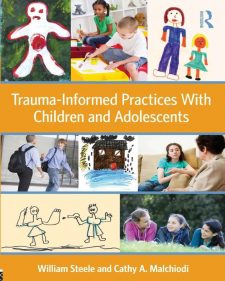
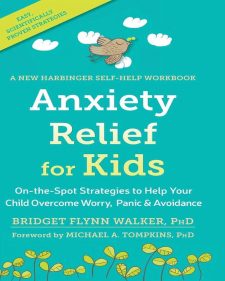
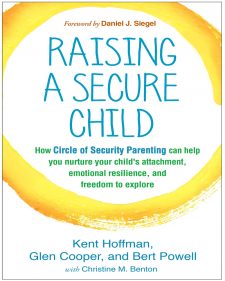
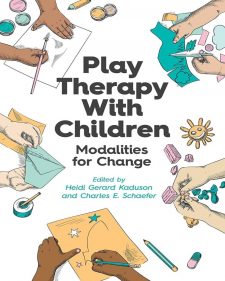
9 reviews for Expressive Arts Therapy: Creative Solutions for Trauma Recovery